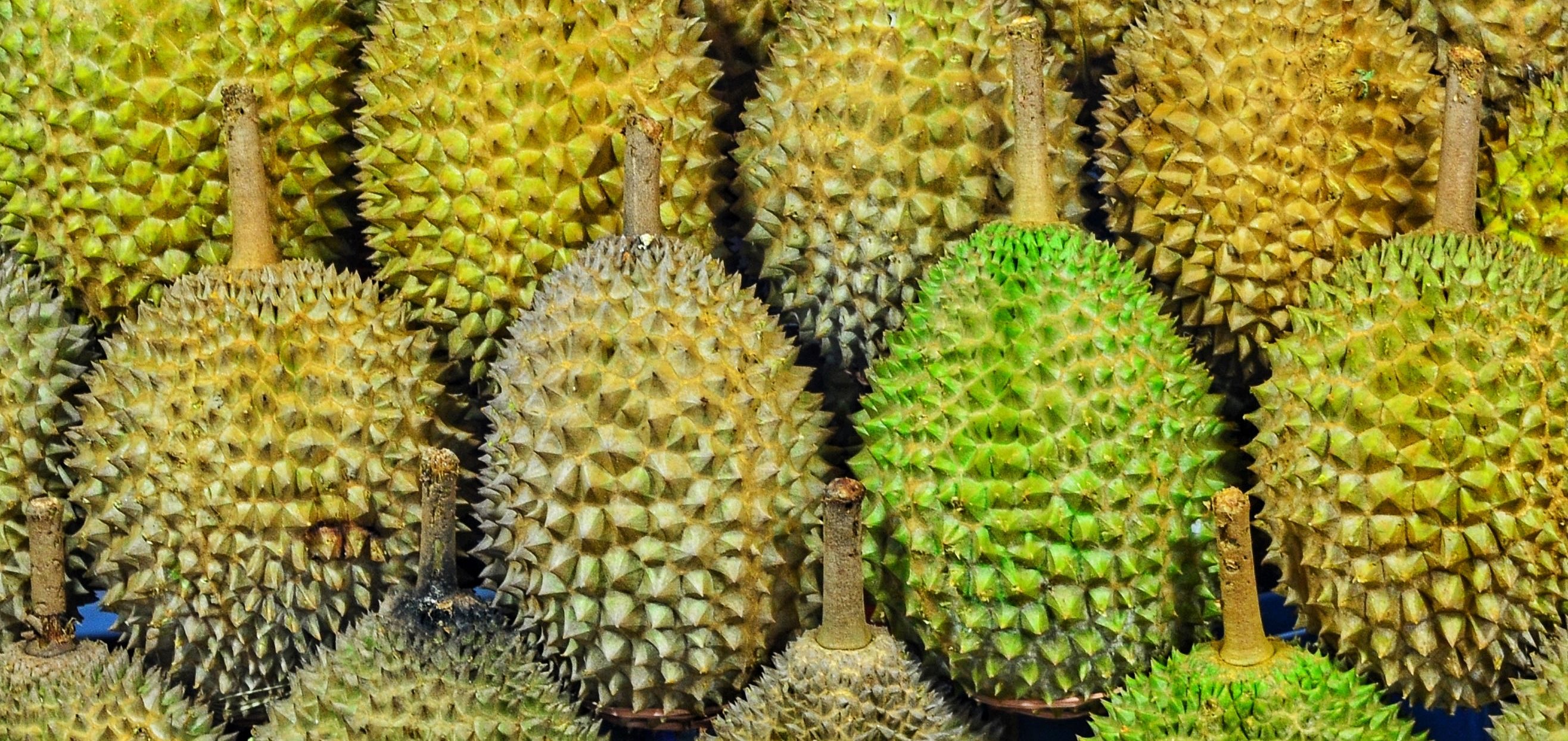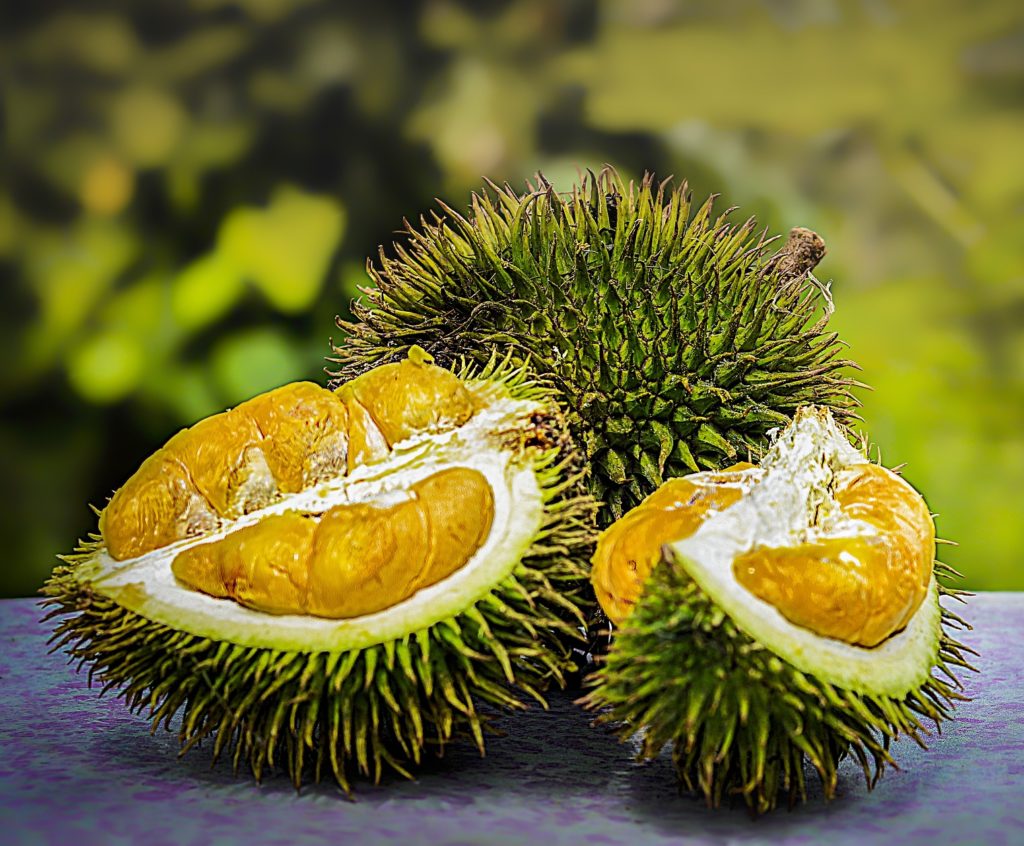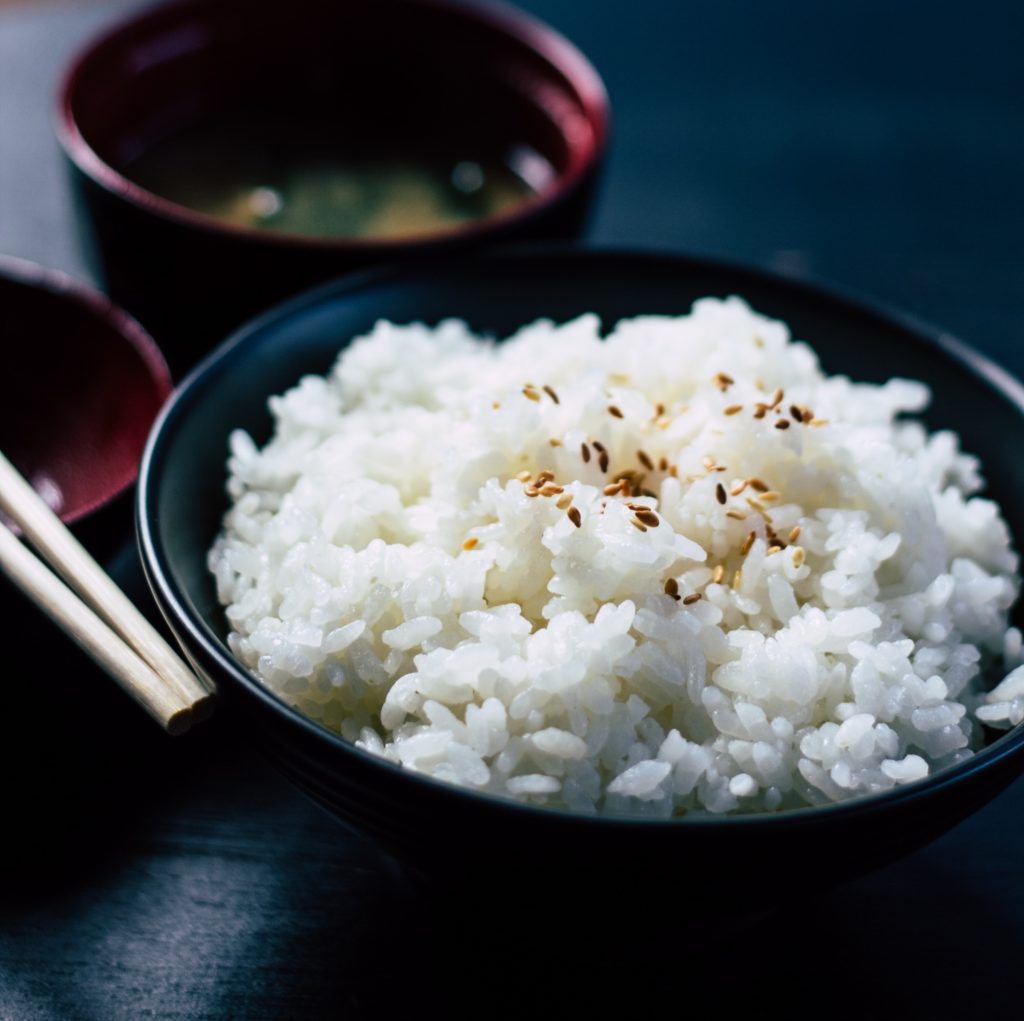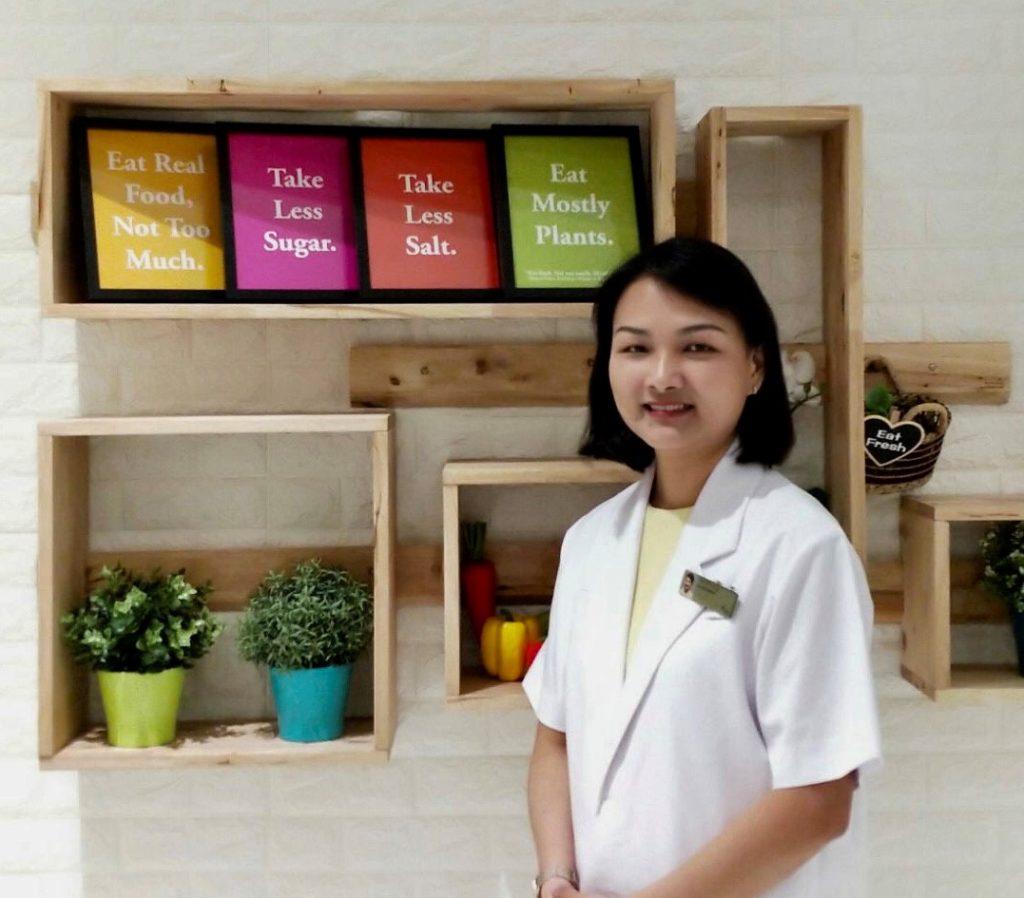Most Singaporeans enjoy durian and savour them, some will fork out a large sum of money just to purchase them. When I close my eyes and conjure up the image of a ‘Mao Shan Wang’ otherwise known as the ‘King’ – a premium breed of durian, my mouth waters. But reality check – if one is diagnosed with diabetes, does it mean the end of this treat for him? It is not uncommon for me to encounter clients who avoid rice, switching to noodles instead. They believe that rice contains a high amount of starch and is thus bad for blood sugar management. However, it is observed that they still struggle with poor blood sugar management when they come for clinic consultations. There are many myths surrounding the idea of an ideal diet for people with diabetes. Let’s explore these five common myths:

5 Diet Myths for Diabetic Patients...Debunked
If you have diabetes, are you allowed to have durians or not? Uncover the truths behind the myths of food 'approved' for people with diabetes.
by Ms. Koh Pei Ling (Senior Dietitian, Admiralty Medical Centre)
1. You should not eat durian. Durians contain fructose – a type of fruit sugar, similarly found in other fruits. A small durian seed’s worth of flesh contains 8g of carbohydrate which includes sugar (which takes up 6g). This means 2 small seeds of durians is equivalent to an average slice of papaya or a small apple. Do be mindful of the amount of durians consumed. If you plan to consume a few seeds, go easy on the intake of other carbohydrate-rich food sources. You could eat 2-3 seeds at a time, and if desired, another 2 seeds a few hours later. Some individuals do not mind taking 2 seeds at a sitting (equivalent to 1 serving of fruit), keep the balance in the fridge and savour them the next day. That’s a good method to ensure one eats in moderation!

2. You can drink as much fruit juice as you want as they contain ‘natural’ sugar. Fruit juices contain natural sugars – fructose, glucose and sucrose. These sugars impact our blood sugar levels too. In fact, fruit juices can be concentrated and may contain high amounts of sugar. Do choose fresh fruits over fruit juice. Take 2 servings of fruits a day as part of a healthy balanced diet.
3. Brown rice contains lesser starch as compared to white rice. Brown rice does contain slightly lesser starch compared to white rice, but the difference is minimal. Do choose brown rice as it is higher in fiber and Vitamin B complex. Its nutritional value and quality is also richer as compared to white rice.
4. Noodles is a better choice as compared to rice. Egg noodles contain the same amount of starch as rice by volume. Rice noodles do contain slightly lesser starch than rice when compared by volume. However, you might still be consuming equal amount or more starch depending on the type of meal.
For example, a plate of beef hor fun contains higher starch compared to 1 rice-bowl of rice (90g versus 60g) and which contains little fiber (vegetables). Also, some of these noodle-meals are prepared with more oil and the cooking oil used is generally higher in saturated fat. This may contribute to a higher saturated fat intake.
Thus, a recommended method in managing one’s diet is to adopt My Healthy Plate concept and to portion-manage each food group. Do choose whole-grains (brown rice, wholegrain noodles, buckwheat noodles etc.), lean meats and include plenty of vegetables in your meal.

5. You need to be eating a very restrictive diet and, yes, forget about that piece of cake, kuih, or tau sar piah. NO! You can live well with diabetes, eat a healthy balanced diet and still enjoy your favourite food occasionally! Eat that tau sar piah! But be mindful of quantity and frequency. Honour your body and health by choosing foods that are nutritious. Constant dieting or restrictive eating would lead to deprivation and may have negative effects on your overall well-being. Ditch the ‘good food and bad food’ idea. Make peace with food by ensuring you maintain a healthy diet while allowing yourself to enjoy some of your favourite foods in moderation.

Ms Koh Pei Ling is a dietitian working with Diabetes team in Admiralty Medical Centre. She sees patients with Type 2 Diabetes for nutrition education and counselling; Type 1 Diabetes for carbohydrate counting and insulin titration; and patients for weight management. She is also involved in planning and running education programmes. Ms Pei Ling has special interest in counselling and therapy to help client identify their motivations and adopt healthy lifestyle and dietary habit in managing their health. She also runs nutrition-related programmes for community outreach.